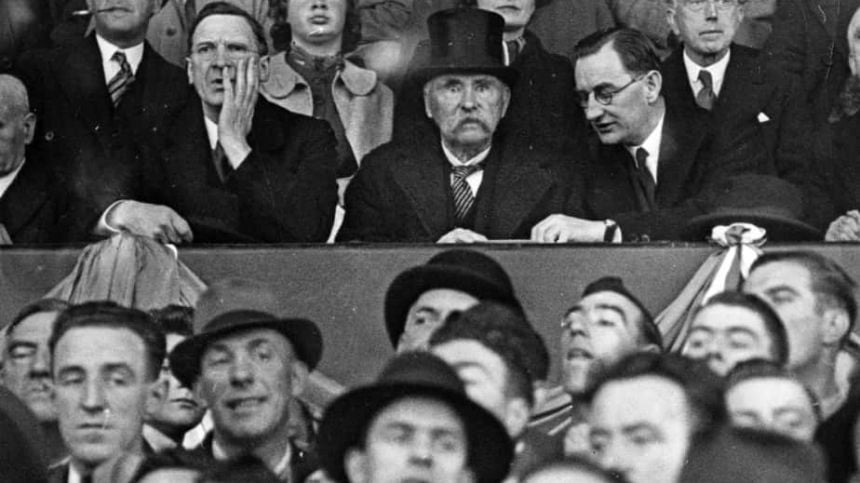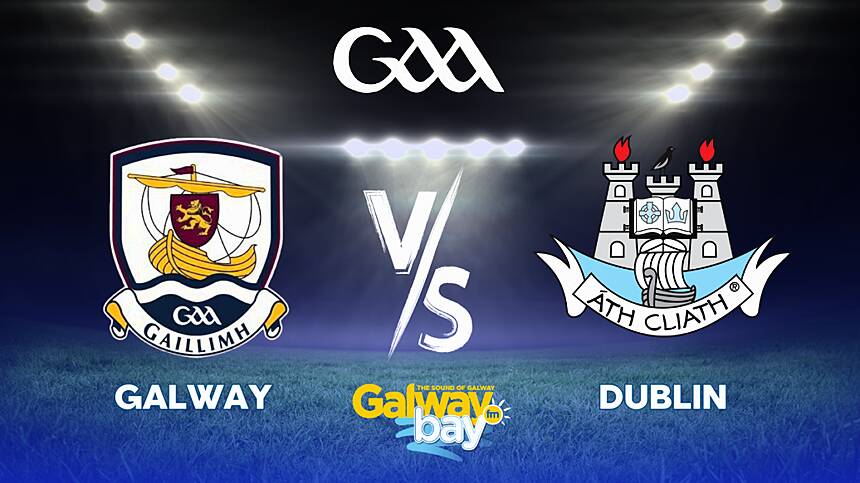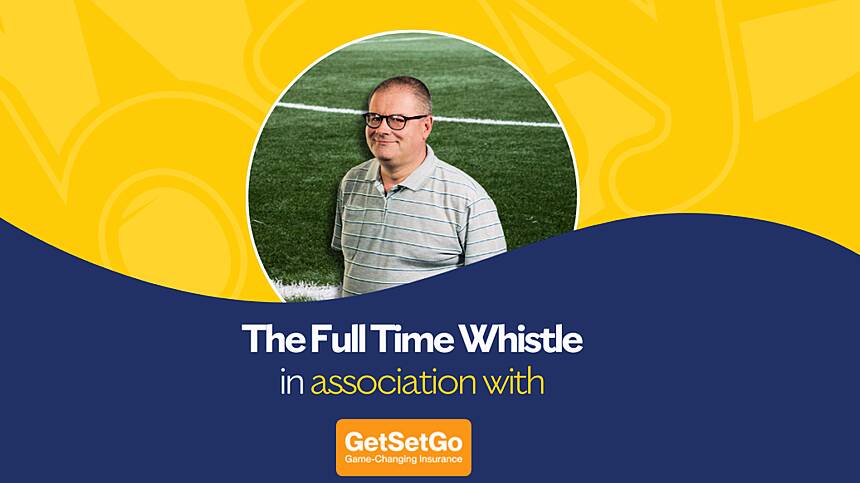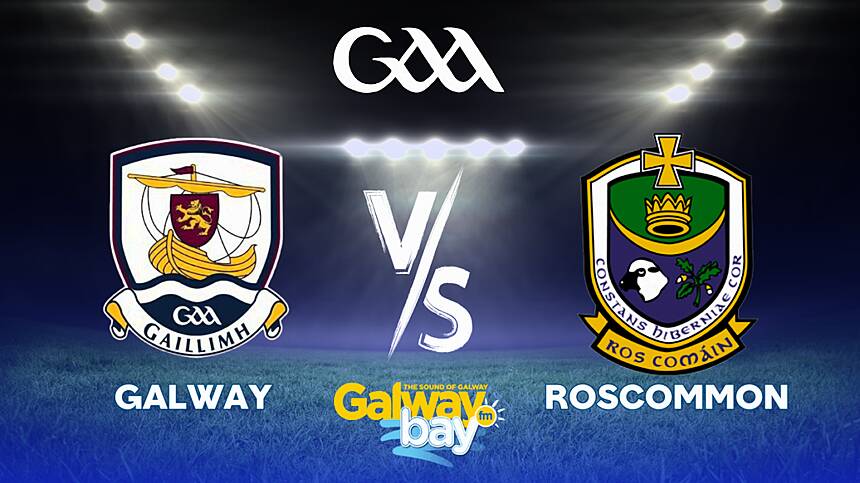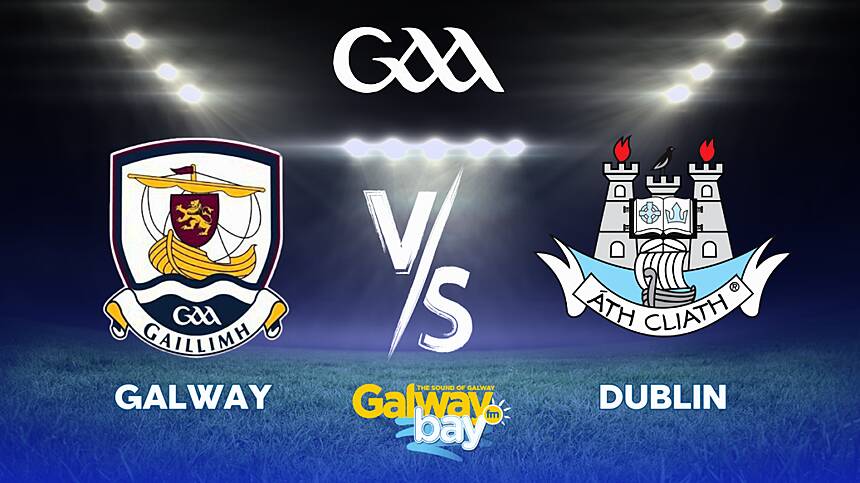Industry experts will discuss ‘Sport and Politics’ at the 2017 GAA Museum Summer School,including internationally renowned activist and sociologist Dr.Harry Edwards
Who said that politics and sport should not mix?
The GAA Museum is hosting a fascinating series of talks at Croke Park this summer from Thursday 29th June to Saturday 1st July examining the theme of ‘Sport and Politics’ and the effects they have had on one another since the 1870s.
National and international leading experts in their field will discuss diverse topics including how the GAA suffered in the 1890s due to its support for Charles Stewart Parnell; the issues and divisions in Irish soccer that led to the establishment of two separate governing bodies in 1921; the struggle for an Irish identity through the Olympic movement pre-1922; how the Irish republican movement has viewed sport since 1923, and the cultural trauma felt by the people of Liverpool in the aftermath of the 1989 Hillsborough tragedy.
Commenting, Mark Reynolds, the GAA Museum Archivist, said “The event will be of huge interest to anyone with a keen interest in sport, politics or history. The broad overall theme of ‘Sport and Politics’ and the calibre of the speakers ensures that this will be an engaging and stimulating experience for all those who attend. We are honoured to have high profile speakers attending from all over the world, including Doctor Harry Edwards, Professor John Hughson and Professor Alan Bairner. It is a unique opportunity to ask questions and interact with these speakers.”
The keynote talk from internationally renowned Doctor Harry Edwards, the former Professor Emeritus of Sociology at the University of California, Berkeley is much anticipated. Doctor Edwards will speak on the history of sport and racial segregation in America from the 1960s.
Fifty years ago, in 1967, Edwards established the Olympic Project for Human Rights (OPHR) through which he called for a Black athlete boycott of the United States 1968 Olympic team, in order to highlight the racial inequities and barriers that existed in sport and society. The movement resulted in demonstrations by Black athletes across America and ultimately at the 1968 Mexico City games where the iconic ‘Black Power Salute’ was delivered by Tommie Smith and John Carlos.
Edwards, a scholar-activist who became spokesperson for what amounted to a revolution in sports, is now considered the leading authority on developments at the interface of race, sport, and society and was a pioneering scholar in the founding of the sociology of sport as an academic discipline.
GAA Museum Summer School itinerary:
| Day One. (Thursday 29 June 2017) | |
| Richard McElligott | The collapse of the GAA in the 1890s (Parnell Crisis) |
| Jarlath Burns | The GAA and Politics |
| Doireann Markham | The Republican Boycott of the Tailteann Games |
| Cormac Moore | The Split in Irish Soccer |
| John Hughson | The Hillsborough Tragedy as Cultural Trauma |
| Round Table Discussion | |
| Day Two. (Friday 30 June 2017) | |
| Kevin McCarthy | The Struggle for Irish identity through the Olympic Games, 1896-1922 |
| Mark Reynolds | The GAA and the 1981 Hunger Strike |
| Donal MacAnallen | The GAA in Ulster 1946-1962 |
| Brian Hanley | Irish republican attitudes to sport since 1923 |
| Alan Bairner | Sport, Irishness and Ulster Unionism |
| Round Table Discussion | |
| Day Three: (Saturday 1 July 2017) | |
| Sean Kelly MEP | The GAA and Rule 42 |
| David Hassan | Sport in the North of Ireland |
| Dr Harry Edwards | Sport and Racial Segregation in America |
| Round Table Discussion | Round Table Discussion |
This really interesting combination of talks at the GAA Museum Summer School will have huge appeal to anyone with an interest in politics, sport or history and culture.
Tickets cost €45 per day or €120 for a three day pass. Lunch and tea/coffee are included in the price.Advance booking is required, and it is expected to sell out quickly, so secure your place today on https://crokepark.ie/summerschool


